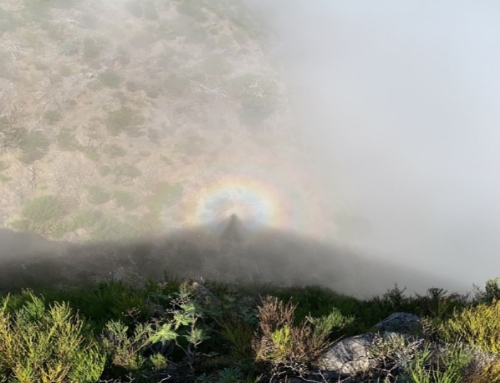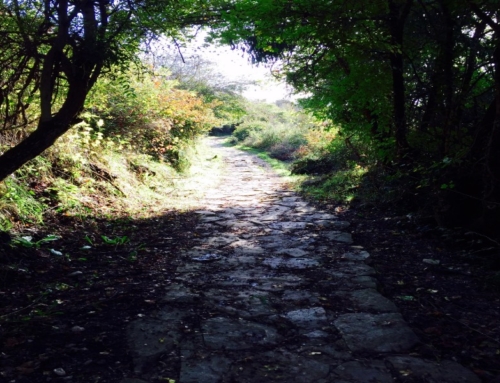Oliver Sacks on gratitude and other thoughts
“My predominant feeling is one of gratitude. I have loved and been loved. I have been given much and I have given something in return. Above all, I have been a sentient being, a thinking animal, on this beautiful planet, and that in itself has been an enormous privilege and adventure.”
In his essays on gratitude written in the last years of this life, Oliver Sacks starts with the beautiful premise: “but I am not finished with living”.
“I am glad I am not dead!” bursts out of him when the weather is perfect…what a beautiful short depiction of gratitude, for a world we’ve only been deposited into and had no role in making as perfect as it is.
Sacks is a master of curiosity. That curiosity : a genuine, enthusiastic interest in all manner of observation was a fitting foundation for his career (life) in science. But what sets him apart is his humanity, how the science connects with the human. In Sabbath he alludes to the crisis of his homosexuality for his orthodox mother, frozen in fear of Leviticus. He moves on undaunted, resolving only to “hate religion’s capacity for bigotry and hatred.” I chose to find the distinction meaningful: a lesser man would have jumped to hatred of religion itself and by extension its radicalised proponents. Not Sacks.
Change your mind…In a New York Times article of 2010,

Are we shaped by our brains or do we shape them through our thoughts, actions and memories?
Much like the computer requires clean up and re-arrangement of date segments on its hard disk, should we, especially in older age, seek to rewire?! And can we even rewire? This is rich material for coaching as a growing body of research shows that coaching is indeed a form of rewiring: reconnecting with tucked away parts of our personality and character that has been around all the time except not front of mind. The power of the brain, a living “soft disk” is such that we can hope to harness its ability to change to reach broader cognition. This is evidenced in research as well as in circumstantial examples around us all: the power of coaching to help harness this change muscle in our brains is greatly encouraging and needs more research…cognitive science is only just starting!






